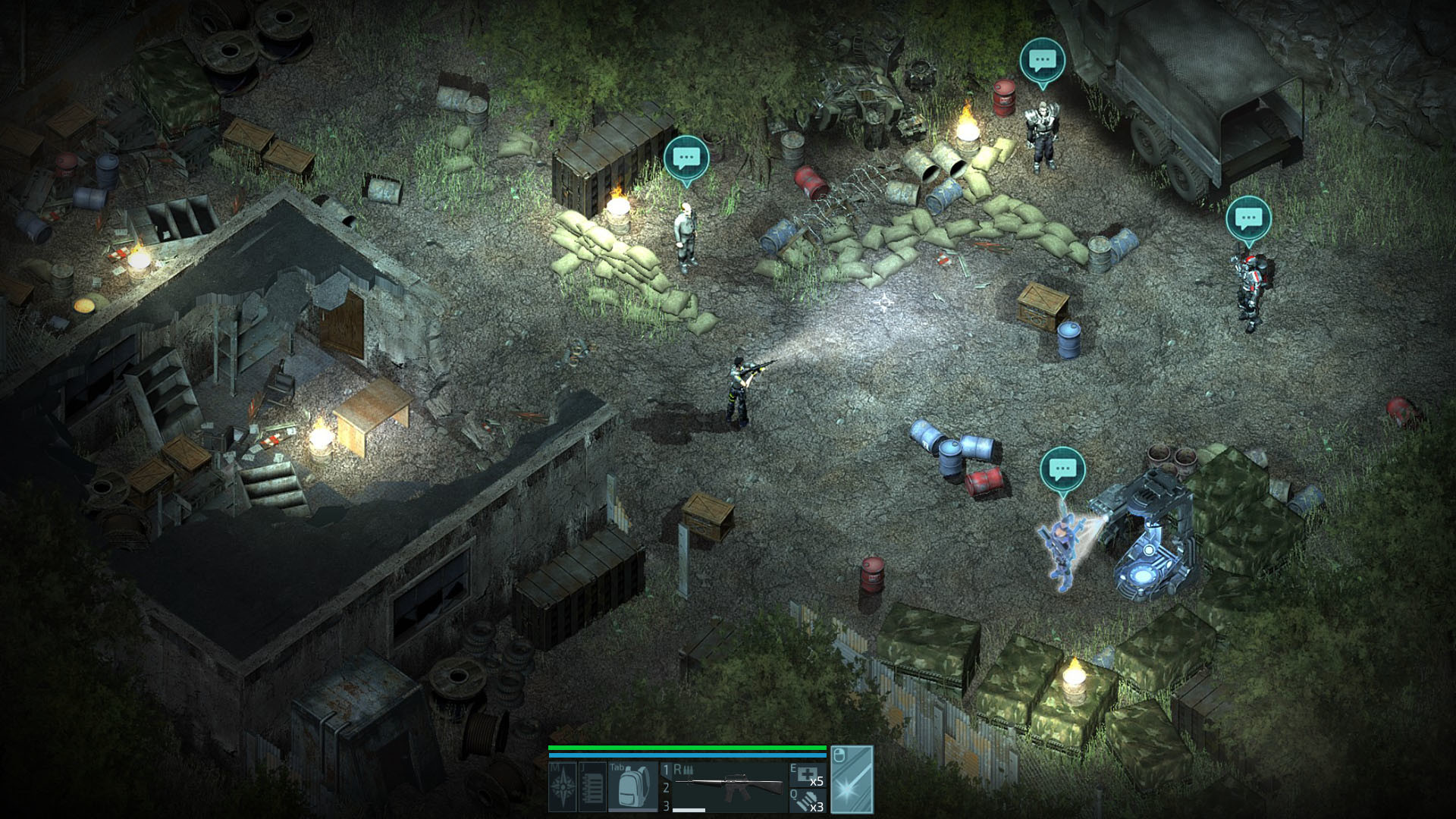Calculate 10 Percent Free Space on Windows PC. To calculate 10 percent free space, just take the number next to Capacity from Step 6 and move the decimal to the left one space. For example, if the hard drive you're viewing has a total capacity of 80.0 GB, moving the decimal one space to the left makes it 8.0 GB, meaning that you shouldn't let. Train your memory with 100+ printable games, worksheets, and flash cards. The Matching game is an excellent memory game for adults. These free memory games are specifically designed for adults. We offer you several levels of difficulty and many themes that have been selected to please you. The Matching game is an excellent memory game for adults. Memory whose contents must go to disk before it can be used for another purpose. Memory that contains cached data and code that is not actively in use. Memory that does not contain any valuable data and that will be used first when processes, drivers, or the operating system need more memory.
Name
malloc, free, calloc, realloc - allocate and free dynamic memory
Synopsis
Description
The malloc() function allocates size bytes and returns a pointer to the allocated memory. The memory is not initialized. If sizeis 0, then malloc() returns either NULL, or a unique pointer value that can later be successfully passed to free().
The free() function frees the memory space pointed to by ptr, which must have been returned by a previous call to malloc(),calloc() or realloc(). Otherwise, or if free(ptr) has already been called before, undefined behavior occurs. If ptr is NULL, nooperation is performed.
The calloc() function allocates memory for an array of nmemb elements of size bytes each and returns a pointer to the allocated memory.The memory is set to zero. If nmemb or size is 0, then calloc() returns either NULL, or a unique pointer value that can later besuccessfully passed to free().
The realloc() function changes the size of the memory block pointed to by ptr to size bytes. The contents will be unchanged in therange from the start of the region up to the minimum of the old and new sizes. If the new size is larger than the old size, the added memory will not beinitialized. If ptr is NULL, then the call is equivalent to malloc(size), for all values of size; if size is equal to zero, andptr is not NULL, then the call is equivalent to free(ptr). Unless ptr is NULL, it must have been returned by an earlier call tomalloc(), calloc() or realloc(). If the area pointed to was moved, a free(ptr) is done.
Return Value
The malloc() and calloc() functions return a pointer to the allocated memory that is suitably aligned for any kind of variable. On error,these functions return NULL. NULL may also be returned by a successful call to malloc() with a size of zero, or by a successful call tocalloc() with nmemb or size equal to zero.
The free() function returns no value.
The realloc() function returns a pointer to the newly allocated memory, which is suitably aligned for any kind of variable and may be different fromptr, or NULL if the request fails. If size was equal to 0, either NULL or a pointer suitable to be passed to free() is returned. Ifrealloc() fails the original block is left untouched; it is not freed or moved.
Conforming To
C89, C99.
Notes
By default, Linux follows an optimistic memory allocation strategy. This means that when malloc() returns non-NULL there is no guarantee that thememory really is available. In case it turns out that the system is out of memory, one or more processes will be killed by the OOM killer. For moreinformation, see the description of /proc/sys/vm/overcommit_memory and /proc/sys/vm/oom_adj in proc(5), and the Linux kernel source fileDocumentation/vm/overcommit-accounting.
Normally, malloc() allocates memory from the heap, and adjusts the size of the heap as required, using sbrk(2). When allocating blocks ofmemory larger than MMAP_THRESHOLD bytes, the glibc malloc() implementation allocates the memory as a private anonymous mapping usingmmap(2). MMAP_THRESHOLD is 128 kB by default, but is adjustable using mallopt(3). Allocations performed using mmap(2) areunaffected by the RLIMIT_DATA resource limit (see getrlimit(2)).
To avoid corruption in multithreaded applications, mutexes are used internally to protect the memory-management data structures employed by these functions.In a multithreaded application in which threads simultaneously allocate and free memory, there could be contention for these mutexes. To scalably handle memoryallocation in multithreaded applications, glibc creates additional memory allocation arenas if mutex contention is detected. Each arena is a largeregion of memory that is internally allocated by the system (using brk(2) or mmap(2)), and managed with its own mutexes.
The UNIX 98 standard requires malloc(), calloc(), and realloc() to set errno to ENOMEM upon failure. Glibc assumes thatthis is done (and the glibc versions of these routines do this); if you use a private malloc implementation that does not set errno, then certainlibrary routines may fail without having a reason in errno.
Crashes in malloc(), calloc(), realloc(), or free() are almost always related to heap corruption, such as overflowing anallocated chunk or freeing the same pointer twice.
Recent versions of Linux libc (later than 5.4.23) and glibc (2.x) include a malloc() implementation which is tunable via environment variables. Fordetails, see mallopt(3).
See Also
brk(2), mmap(2), alloca(3), malloc_get_state(3), malloc_info(3), malloc_trim(3), malloc_usable_size(3),mallopt(3), mcheck(3), mtrace(3), posix_memalign(3)
Referenced By
all_hash(3),all_list(3),all_queueFree Memory Worksheets For Elderly
(3),argz_add(3),asprintf(3),ausearch_add_expression(3),avc_init(3),canonicalize_file_name(3),cfree(3),Free Memory Games
cp_priority_list(3),currentcontext(3),dbopen(3),diff(3), dirname(3),fcstrfree(3),fmemopen(3),getcwd(2),getgrent(3),getgrnam(3),getpwent(3),getpwnam(3),idn2_free(3),lam_rtrget(2),lber-memory(3),ldap_memfree
dirname(3),fcstrfree(3),fmemopen(3),getcwd(2),getgrent(3),getgrnam(3),getpwent(3),getpwnam(3),idn2_free(3),lam_rtrget(2),lber-memory(3),ldap_memfreeFree Memory Linux
(3),libinnhist(3),libssh2_userauth_keyboard_interactive_ex(3),libxradius(3),lwres_context(3),mallinfo(3),malloc_hook(3),mhash(3),mpool(3),pam_conv(3),pfm_get_event_name(3),pmdafetch(3),pmdainstance(3),pmdatrace(3),pth(3),readdir(3),reallocf(3),realpath



